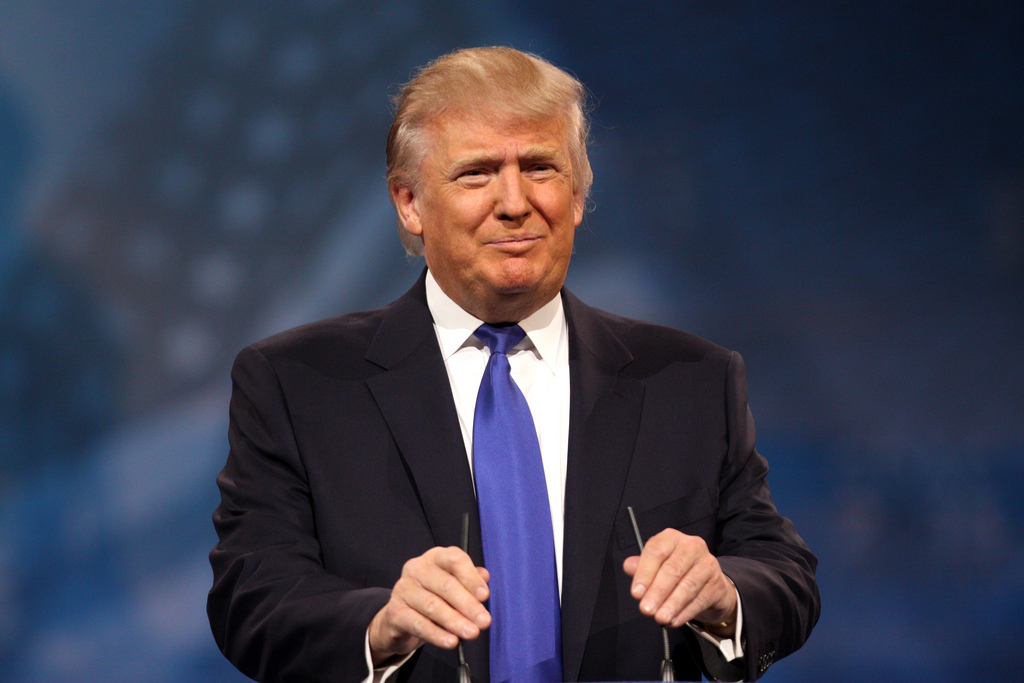Donald Trump has been confirmed as the 45th President of the United States. But what this mean for M&A, net neutrality and specialised tech/engineering visas?
In respect of M&A, the question over the Atlantic is what will the impact of President Trump have on the UK?
Livingstone, the M&A and debt advisory firm have noted that Trump’s rhetoric is generally pro-UK (and at times anti-EU). This view will hopefully strengthen the automotive and life sciences sectors, and manufacturing sectors.
While there are potential pitfalls with a rapid trade deal, the certainty it would provide and the potentially favourable legislative and financial terms could help create a boom in UK-US M&A.
>See also: What Trump means for technology
Like Brexit, Trump’s election may in fact have a positive economic impact. He may live up to his reputation as a “deal-maker”. Furthermore, his ascendancy and vow to make the US market harder for overseas investors to access is unlikely to stem the tide of Asian capital to the West nor to reduce the abundance of capital available at low borrowing rates to support this;
Net neutrality and tech visas
President Trump has chosen Ajit Pai as the new head of the US Federal Communications Commission, the government agency which regulates telecoms issues.
Critics fear this appointment could spell the end for net neutrality.
Net neutrality is the idea that all traffic on the internet be treated equally. Google and Facebook are big advocates of net neutrality as they believe it is important to maintain competition among online companies.
An abolition of net neutrality would see smaller online companies be unable to afford the fast-lane or fast track offered to companies like YouTube or Netflix by internet service providers.
President Obama advocated net neutrality and passed landmark laws in 2015 to protect it. Despite this the laws over net neutrality were regularly debated, often provoking a strong public response.
Pai, speaking after President Trump’s election win, said: “During the Trump administration, we will shift from playing defence at the FCC to going on [the] offence.
“We need to fire up the weed whacker and remove those rules that are holding back investment, innovation, and job creation.”
In the past he has voted against strengthening net neutrality laws.
Craig Aaron, president of communications advocacy group Free Press, said: “Ajit Pai has been on the wrong side of just about every major issue that has come before the FCC during his tenure. He’s never met a mega-merger he didn’t like or a public safeguard he didn’t try to undermine.”
Gary Griffiths, iPass CEO, a 35 year old veteran of the tech industry has provided Information Age with some views on what a post-Trump presidency might look like for the tech industry. His views are not as favourable as the M&A predictions above.
He suggests trump’s presidency means the end for net neutrality and specialised tech/engineering visas.
“Love him or hate him, Donald Trump’s presidency promises to be eventful, not least for the tech industry. Compared to Trump’s well-publicised views on immigration, jobs and foreign policy, we know relatively little about his positions on innovation and technology. As such, the whole industry will be on tenterhooks until Trump clarifies his stance on key issues such as net neutrality and privacy.”
“Make no mistake, net neutrality is firmly in Trump’s crosshairs. During the Obama administration, the Federal Communications Commission approved a slew of regulations to bolster net neutrality, by banning “slow lanes” on the internet, protecting consumer privacy and heavily fining MSOs such as AT&T and Comcast.”
>See also: An election disrupted by technology: Did tech help Trump win?
“Sadly, one of Trump’s first actions upon entering the Oval Office may be to gut these policies. On the campaign trail, Trump was a vociferous opponent of net neutrality and has proceeded to staff his FCC transition with ardent net neutrality opponents. Indeed, the next four years promises to be a turbulent time for the open internet – which has never seen a threat quite like this.”
“Another issue Trump has railed against, much to the chagrin of the tech industry, is immigration. The U.S. technology industry relies heavily on overseas engineering talent via specialised H-1B visas, which Trump opposed in the strongest terms during the Republican primaries.”
“However, while many believe that Trump’s protectionist views on immigration could be detrimental to the tech industry, there’s no chance that Trump will cut off the flow of talent that is fuelling the US’s top driver of economic growth. I don’t think we’ll see any significant changes in the H-1B programme and Trump’s latest comments on this issue suggests that he has softened his stance already.”
This article has been updated following Ajit Pai’s confirmation as the new head of the US Federal Communications Commission







